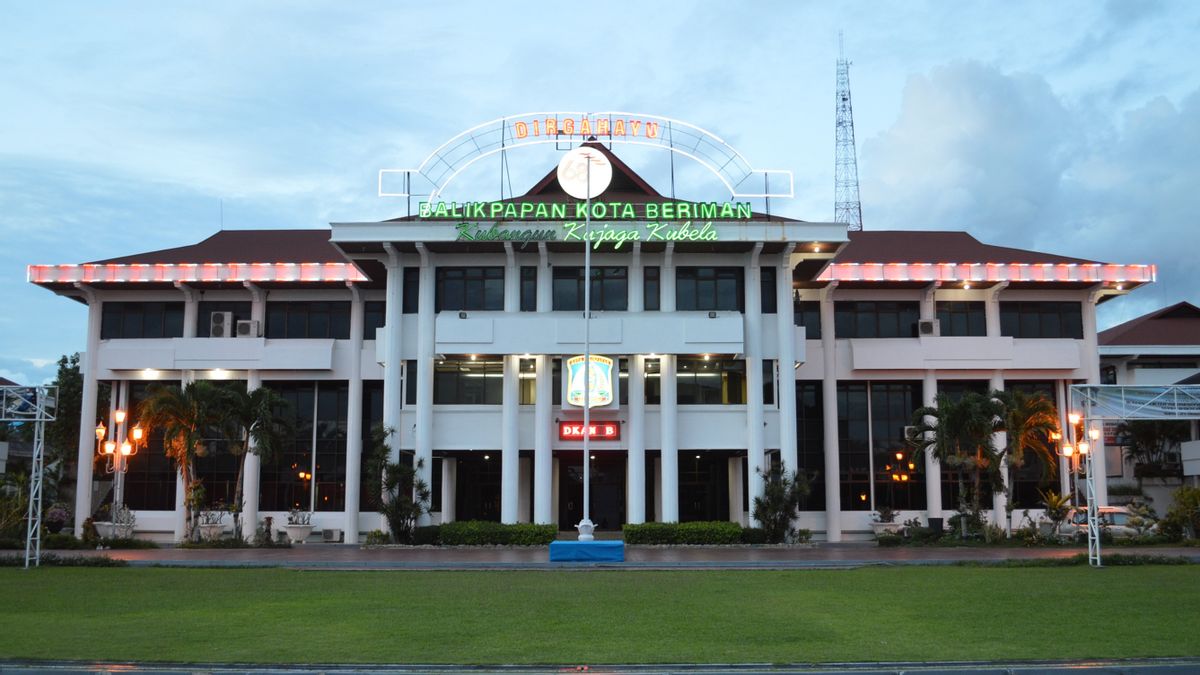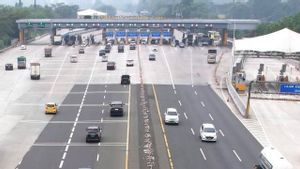JAKARTA - Today 79 years ago, or to be precise January 24, 1942, Japan conquered Balikpapan from Dutch hands. Japan won the victory under the banner of Major General Shizuo Sakaguchi.
He also mobilized such a large army. The Dutch KNIL army surrendered. With that success, Japan began to consolidate its power to other big cities.
“On January 24, 1942 Balikpapan fell under the rule of the Japanese occupation army. The large-scale displacement of Balikpapan City residents occurred away from the battlefield. The Dutch military ordered the burning of oil installations. Some of them headed for refugee barracks in the interior. And part of it to the north then sailed into the Mahakam River inland. The Dutch are planning a guerrilla war in the forests of Kalimantan, "said Erwiza Erman and Ratna Saptari in the book Decolonization of City Workers and Nation Building (2013).
However, it was not until early April that the Japanese fully controlled Kalimantan. Japan also divided the two administrative areas in Kalimantan. The Japanese Army (AD) overcomes the territory of Malaysia and Brunei which was previously controlled by the British.
This region is called "Kita Boruneo." Meanwhile, the Japanese Navy (AL) handled the Kalimantan area which was previously controlled by the Dutch East Indies. This section was called "Minami Boruneo."
“This administrative division lasted until the end of the Japanese occupation. The distribution of power above is carried out based on the complexity of the territory under control. The Japanese Army was tasked with regulating a more densely populated area and complicated administrative needs. On the other hand, the Japanese Navy rules over areas that need to be protected for a longer period of time, ”wrote Handri Yonathan and Petrik Matanasi in the book Rebut Balikpapan: The Important Role of Small Cities in the Pacific War (2016).
For this reason, Balikpapan was prepared to become the eikyu senryu (permanent property) of the Japanese empire. The Japanese Navy even prepared Borneo Minseibu, a more civilian administrative system headquartered in Banjarmasin.
This civil administration was in line with the plan to integrate Kalimantan into the Japanese Empire. Because of that, Balikpapan is so special to Japan.
"Balikpapan and Tarakan have a special position. Both are classified as shu (residency) which is directly under Minseibu Banjarmasin. A resident is headed by a shu-cho (district head). In the context of Kalimantan, the main priority is the development of the oil industry. Japan's focus at that time was to revive oil processing installations in Tarakan and Balikpapan, "added Handri Yonathan and Petrik Matanasi.
After making Balikpapan an important point of conquest in the Dutch East Indies (Indonesia), Japan moved quickly to conquer other major cities. Finally, on March 1, 1942, the 16th Japanese army landed in Banten Bay, and Kragan in Central Java.
After three days of controlling Batavia, on March 8, 1942, the Dutch East Indies government surrendered unconditionally to Japan. Therefore, the start of the Dutch colonial period against Indonesia.
The English, Chinese, Japanese, Arabic, and French versions are automatically generated by the AI. So there may still be inaccuracies in translating, please always see Indonesian as our main language. (system supported by DigitalSiber.id)













